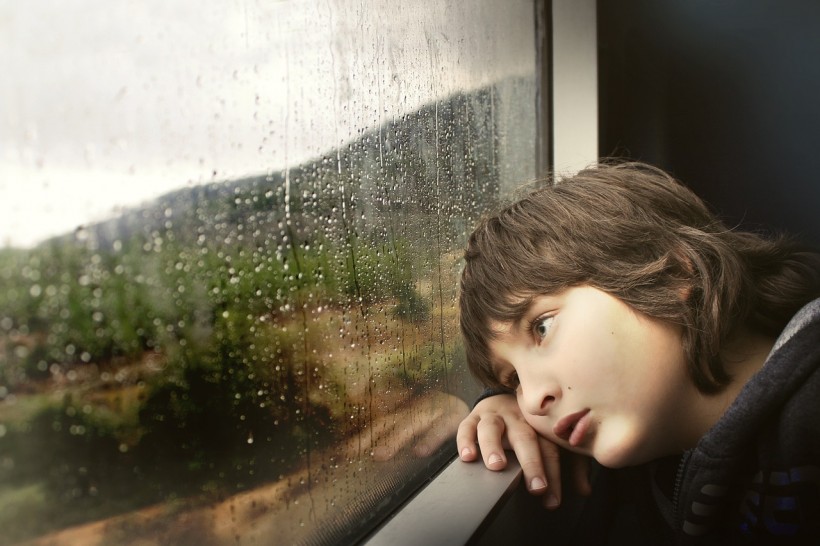Depression is a psychological disorder that impairs individuals and the lead cause of disease burden in the youth. There is even a rising number of childhood depression in the lasts several years.
Depression in children and youth between the ages of 10 to 24 years old is the leading cause of stress and a risk factor for future diseases.
This claim has been mirrored by a twenty-year-old study entitled "Associations of Childhood and Adolescent Depression With Adult Psychiatric and Functional Outcomes," published in the Journal of the American Academy of Child and Adolescent Psychiatry (JAACAP) by Elsevier.
The study confirms that childhood and adolescent depression is associated with higher risks of developing adult anxiety and a broad range of longer-term outcomes, such as substance use disorder, worse health and social functioning, and low financial and educational attainment.

Childhood and Adolescent Depression Linked to Higher Adult Anxiety and Substance Use Disorders
Childhood Depression is Real
Despite the rising rates of childhood depression, information and awareness about it have not caught the same rate. According to an article by Dr. Richa Bahtia, MD, published in the Anxiety & Depression Association of America (ADAA) website, childhood depression is real and a distinct clinical entity.
It is a serious health condition that could increase the risk of prolonged and more severe depressive episodes that may lead to suicide if left untreated.
Effective treatment options for childhood and adolescent depression have been tested and proven through scientific studies over the years. Timely recognition of depressive symptoms in children and teens can be life-changing and life-saving.
Children or people with immediate family members with a history of depression or mood disorders are more likely to suffer from depression due to genetic predisposition. But those with chronic or severe medical conditions are at a greater risk of suffering from the disorder.
ALSO READ: Research Finds Boy Playing Video Games Have Lower Risk of Depression
Untreated Childhood Depression Could Lead to Disrupted Adult Health
Dr. William Copeland, the lead author of the study published by Elsevier and a professor in the Department of Psychiatry at the University of Vermont, said that one out of 12 children struggle with depression at some point between 9 and 16 in which girls are more likely to be affected than boys.
Unfortunately, this common struggle often goes unnoticed by adults in children's lives, like parents, teachers, and pediatricians. Copeland added that previous studies have shown that the majority of the children with depression never receive any treatment despite the plethora of effective treatments available. As a result, children have to cope with themselves and suffer the consequences of the unmet need.
Science Daily reported that a diagnosis of depression in childhood is linked to poor adult outcomes due to early exposure to adversities, such as socioeconomic status, family problems, and bullying.
Co-author Dr. Iman Alaie of the Uppsala University in Sweden said that depressed adolescents fared worse in the long term than those who had their depression during childhood. This finding is quite unexpected from a developmental perspective, given the premise that an earlier onset may foretell poorer outcomes.
However, the study also showed that children who received treatment were less likely to have worsening mental health problems during adulthood. But it also noted that childhood mental health services alone might not do the trick against all future health problems.
The study highlights the importance of timely and effective treatment and support to children and adolescents as they transition to adulthood.
RELATED ARTICLE: Spanking Affects Child's Brain Development; Leads to Mental, Behavioral Issues
Check out more news and information on Mental Health and Depression in Science Times.












![Sat-Nav in Space: Best Route Between Two Worlds Calculated Using 'Knot Theory' [Study]](https://1721181113.rsc.cdn77.org/data/thumbs/full/53194/258/146/50/40/sat-nav-in-space-best-route-between-two-worlds-calculated-using-knot-theory-study.png)

